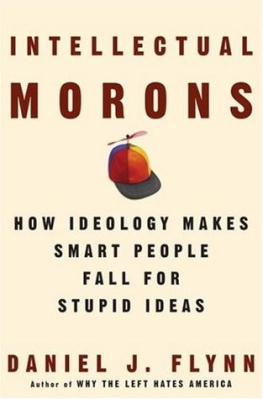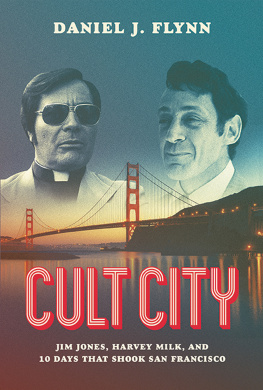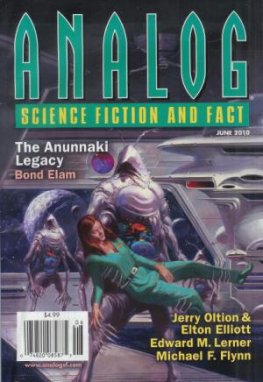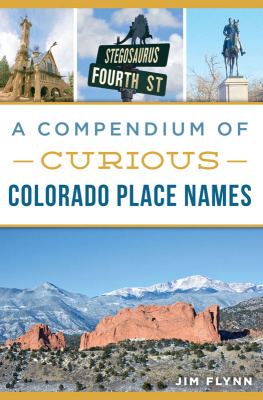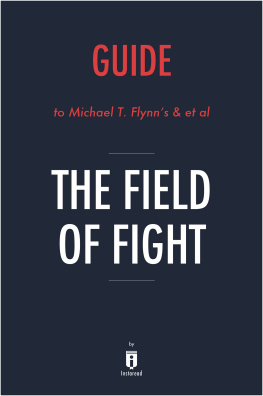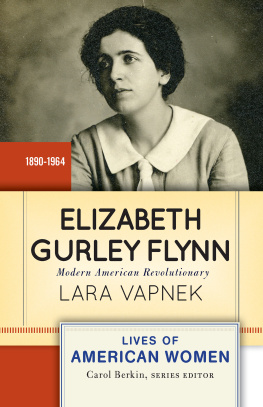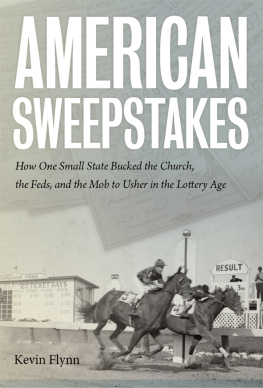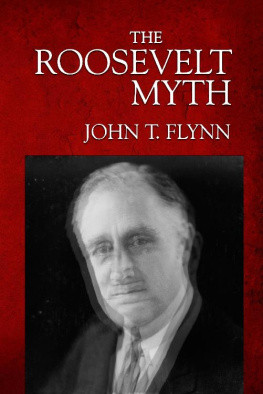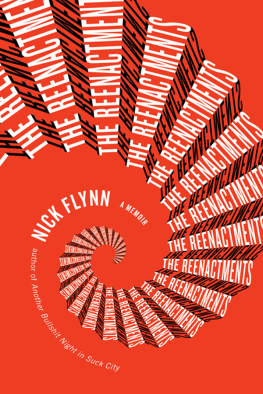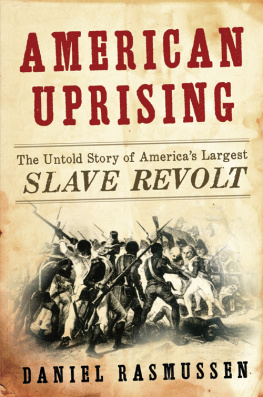
CONTENTS
INTRODUCTION
Shall man be justified in comparison of God; or shall a man be more pure than his maker?
JOB 4:17
W HERE DID H ILLARY Clinton get the idea to compare marriage and the family with slavery and the Indian reservation system?1 Why does Thomas Frank write in Whats the Matter with Kansas? of the borderline criminality of capitalism?2 Who put it into Michael Moores head that religion is a device to manipulate gullible and easily misled Americans?3
Robert Owen, a rags-to-riches Welsh industrialist who brought a new gospel to America, identified private property, religion, and marriage as the most monstrous evils almost two centuries ago. 4 The bugbears Owen railed against in 1826, leftists still attack today.
Rather than the bearers of a cutting-edge philosophy, American leftists are the inheritors of a long tradition that predated Robert Owen and outlived him, too. Self-mythologizing portrays the Left always and everywhere as challenging stale pieties with new and fresh ideas. But the knowledge that people two centuries ago preached identical theories tends to undermine claims to modern, original, forward-looking ideas. Hillary Clinton, Thomas Frank, and Michael Moore, aware or not, mouth the platitudes passed on from generations preceding their grandparents grandparents.
The Left is not a monolithic entity. Even in labelsleftist, radical, progressive, socialist, communist, liberalthere are preferential differences and disagreements in definition. But there is continuity. Certain gripes and hopes recur. Rather than a laundry list of complaints and wishes, an attitude better captures the Left.
It is, in its simplest form, scorn for what is and hopes for what could be. The ideologys appeal exists in neither the experienced past nor the concrete present, but in the imagined future. In the world dreamt, a universal human family replaces parochial nuclear families, benevolent men share burdens and bounty equally, conflict disappears, man becomes superman, and earth becomes heaven. With promises so magnificent, is it any wonder the Left is so resilient?
T HE STUDY OF American socialism begins in Europe, Princeton University history professor E. Harris Harrison wrote at the midpoint of the twentieth century. Any understanding of socialistic thinking and practice in American life must rest upon knowledge of the part played by socialism in European history.5 In fact, the first three chapters of the book where Professor Harrisons article appears1952s landmark Socialism and American Life focus on Europe specifically and Western civilization generally, not America. A Europhilia among American progressives often finds the creation of all that is great and good across the Atlantic. After all, has not all of Europe abolished the death penalty, instituted universal health care, and shown a greater willingness to defer to international institutions? History, too, provides cover for a European creation story. The French Revolution and the publication of The Communist Manifesto happened in Europe. What of comparative importance in the history of the Left happened here? Conservatives, meanwhile, are only too happy to second the contention that the Left is the product of an alien soil.
Nonetheless, much of the American Left is firmly rooted in the American tradition. Even when European leftists devised theories for saving society, America more often than not provided the laboratory for their theories.
Radicals left the Old World for the freedom awarded by the New World, even when they wished to make the New World less free. Religious persecution in their homelands prompted Mother Ann Lee and Father George Rapp to migrate to America in the late eighteenth century and early nineteenth century, respectively; political hostility in Europe exiled communist Joseph Weydemeyer and anarchist Johann Most to the United States later in the nineteenth century; and ethnic discrimination sent Herbert Marcuse and Theodor Adorno west in the twentieth century. They all came to America to do what they could not in Europe. Only in America could they test their experiments or air their unconventional views without risking state harassment, jail, and death.
Imported ideas, thus, sometimes acquired a homegrown flavor in America. The absence of a feudal tradition made class consciousness more difficult to evoke than in Europe. Capitalism fostered a salesman attitude, with socialists occasionally hawking socialism the way merchants hawk laundry soap. Freedomsof movement, speech, and religionfostered experimentation undreamt of by the subjects of kings, czars, and strongmen. Open space provided theorists with ample testing grounds. Immigration repeatedly altered the dynamic of the American Left by infusing European ideas into American politics. This led to the Americanization of European ideas, or, alternatively, the Europeanization of American leftists.
Radicals possessed no automatic immunity from the patriotic fervor that surrounded them. Communists adopted the slogan Communism Is Twentieth-Century Americanism in the 1930s, for instance, and Abbie Hoffman testified to Congress in the 1960s dressed as a Minuteman. The American Left is at its most effective when it accepts that it is an American Left. When it forgets where it comes from, the American Left plays to an internal audience eager for purity but unconcerned with persuasion.
Friends and foes alike mistake the Left for Marxism and Marxism for the Left. For the Right, this means hackneyed denunciations of ideas they dislike as Marxist. For the Left, this means dating the history of their movement to when Marxism arrived on Americas shores. The history of the American Left is deeper and more dynamic than that simplification suggests. Not only is Marxism just one among many variants within the greater Left, it is just one of many variants of communism. The followers of Robert Owen, Charles Fourier, and John Humphrey Noyes came before Marx, and in fact they fit the definition of communistone who lives communallybetter. Marx derided his predecessors as utopians, but it is hard to adhere to such a pejorative when its author worked his ideas out in the library of the British Museum and its targets worked them out in actual communes.
When it is not Marx blamed or credited with launching the American Left, the genesis typically offered begins and ends with the 1960s. This sixties creation story serves both Left and Right by crediting still-living radicals with undue influence and by relieving conservatives (ever protective of the myth of a pre-sixties Eden) of the need to research a difficult and occasionally obscure topic.
Apart from misconceptions regarding from where, when, and whom the American Left came, present leftists unimaginatively imagine past leftists as earlier versions of themselves. Current crusaders against racism (of a kind both real and imagined) conveniently overlook Robert Owens ban on African Americans from New Harmony, union attacks on Asian immigrants, the most influential publication in the history of the American Left supporting segregation, icon John Reed referring to blacks as niggers and coons, Planned Parenthood founder Margaret Sanger speaking at a Ku Klux Klan rally, and the American Communist Party kicking out Japanese Americans following Pearl Harbor.6 It just doesnt fit the narrative.
Like race, religion abounds in misconceptions. Before the religious Right, there was a religious Left. The twentieth-century American Left got ideas from Karl Marx; the nineteenth-century American Left, from Jesus Christ.
Religious Left strikes contemporary ears as an oxymoron. Could Michael Moore, Bill Maher, or Susan Sarandon venture inside a church without melting? There are the reverends Jesse Jackson, Al Sharpton, and Barry Lynn, but they preach politics. The hostility to religion often associated with the Left was not always so pronounced. Indeed, Christianity once served as the primary influence upon American leftists. Its influence on early American leftists was so profound that it put its stamp on their decidedly irreligious offspring. Secular reformers admired the sacrifice and the communal unity of the early religious fanatics but not, generally, the religious beliefs. Religion and politics mixed in the Social Gospel, whose enthusiasts ultimately reached for more social, less gospel. What emerged was a political religion, or, perhaps more accurately, a religious politics. The secular kept the forms without the function. They promised salvation, exalted saints, pursued heretics, revered holy books, enforced dogma, viewed history teleologically, and acted with a self-righteousness generally confined to the elect and an ends-justifies-the-means mentality characteristic of millennial deliverers. They lost faith in God, but not faith itself.
Next page

